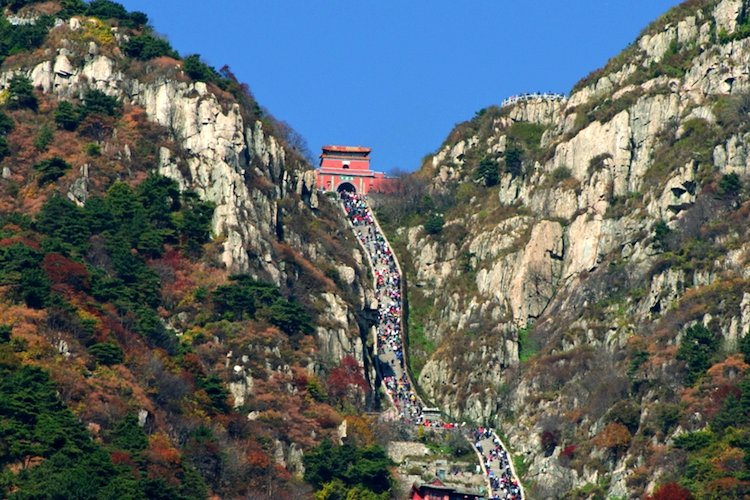Didi Announces 10 Million Rides Daily, 5 Times Uber Global Count
Didi Kuaidi, China’s ride-hailing giant, announced today that it now completes over 10 million rides daily.
In a press release, Didi said this number rivals the peak daily passenger volume on China’s national train system during the 2016 spring festival.
In its core markets like Beijing and Chengdu, more than a million rides are completed every day using Didi Express, its Uber-like private car service that connects individual drivers with passengers.
This post comes courtesy of our content partners All China Tech.

Didi also announced that daily rides on its Didi Express Pool service, its carpooling service launched three months ago, are exceeding 1.57 million.
Cheng Wei, Didi’s CEO, said in the release that Didi aims to improve the efficiency of traveling in cities, saying that they plan to introduce ride-pooling into taxis, express cars, private cars and its Hitch carpooling service.
The company said the Didi Express Pool service, an economical carpooling service that connects passengers going to the same destination, will be launched in 12 new cities during the next month, and that it is working on a back-to-back rideshare service that will allow up to three groups of passengers to share one ride.
In January, Didi released a report that claimed it reduces individual car trips by 1.14 million per day on average across the country with its carpooling services, saying it is easing congestion and reducing environmental impact from transportation.
Didi Kuaidi is Uber’s biggest competitor in China. Uber books two million rides each day globally, according to Fast Company magazine in September. However, Didi’s services also encompass its bus service and taxi-hailing services, for which Uber has no equivalent. Uber recently introduced its UberCommute service, building on its carpooling services, in Chengdu.
According to a figure quoted in the press release, Roland Berger estimates the size of the Chinese private-car hailing market will increase at a compound annual growth rate (CAGR) of up to 129.3 percent from 2015-2020.
Photo: hexunimg.cn







